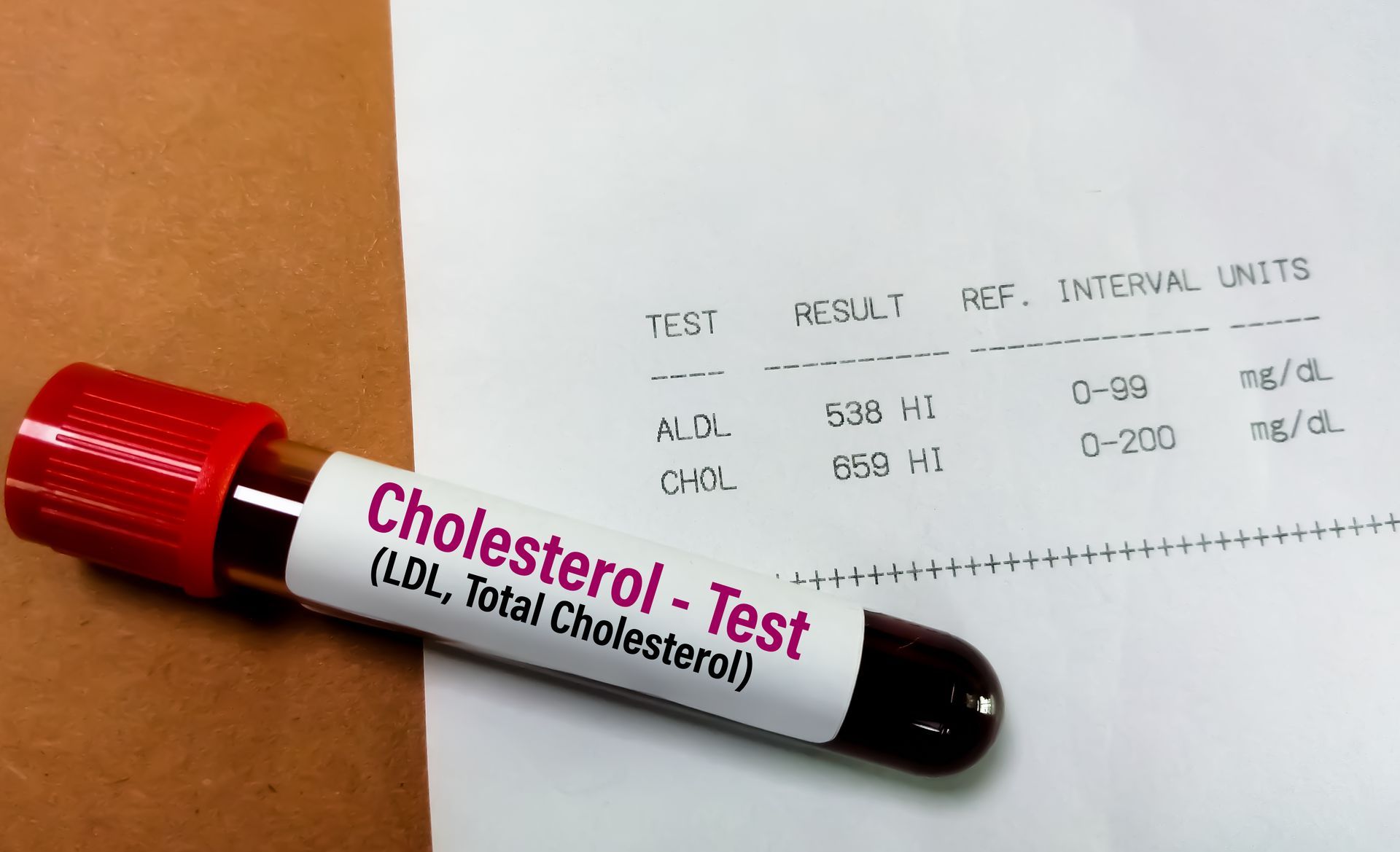Our Location
Elige tu idioma:
Coumadin Management for Elderly Patients

Coumadin, or warfarin, is a widely prescribed anticoagulant medication that prevents blood clots and related complications. Elderly patients are often prescribed Coumadin due to their increased risk of clot formation. If you’re looking to understand Coumadin management for elderly patients to ensure their safety and well-being, read on to learn everything from usage and dosages to potential side effects.
Coumadin Management for Elderly Patients
Coumadin Usage
Coumadin, or warfarin, belongs to a class of medications called anticoagulants. Its primary purpose is to reduce the formation of blood clots, which can lead to life-threatening conditions such as strokes and deep vein thrombosis (DVT). Elderly individuals are more susceptible to these issues, making Coumadin a useful tool to have in their healthcare arsenal.
Normal Dose of Warfarin
Determining the appropriate Coumadin dosage for elderly patients is crucial. Dosage varies based on age, weight, and specific medical conditions. To minimize the risk of bleeding complications, healthcare providers generally recommend a lower initial dose for elderly patients. A typical starting dose for an adult may be between 2.5mg and 5mg, but to be sure, elderly individuals need to follow their doctor’s precise instructions.
Read More:
What Is Coumadin Therapy?
Warfarin Side Effects on the Elderly
Increased Bleeding Risk
Elderly patients are more prone to bleeding complications when taking Coumadin due to age-related changes in the body, such as reduced kidney function and thinner blood vessel walls. This increased bleeding risk compels healthcare providers to monitor the medication’s effects carefully.
Hemorrhagic Stroke
Warfarin can be a double-edged sword for elderly patients. While it prevents clot formation, it also heightens the risk of bleeding in the brain, potentially causing hemorrhagic strokes. Healthcare providers must strike the right balance between preventing clots and minimizing bleeding risks.
Warfarin Dose for Adults
Understanding the optimal Coumadin daily dosage for elderly adults is a complex task. Doctors must consider numerous factors, such as the patient’s health status, age, and potential interactions with other medications. This individualized approach ensures that elderly patients receive the safest and most effective treatment.
International Normalized Ratio (INR) Monitoring
Elderly patients on Coumadin require INR monitoring. INR measures how long blood can clot and provides essential information to adjust the dosage. An INR of 2 to 3 is typically therapeutic for most elderly patients.
Medical Interactions
Elderly individuals often take multiple medications, which can interact with Coumadin. Certain drugs can increase or decrease Coumadin’s effectiveness or exacerbate its side effects. Doctors must carefully review all medications to avoid harmful interactions.
Dietary Considerations
Warfarin interacts with vitamin K, a nutrient found in many foods. Elderly patients should consistently consume vitamin K-containing foods to ensure stable Coumadin levels. Healthcare providers can help patients create a balanced diet plan alongside their medication.
Empowering Elderly Patients: Tailored Coumadin Management for Optimal Safety and Health
In the realm of Coumadin management for elderly patients, precision and caution are paramount. The nuances of dosage, potential side effects, and individualized care plans play a pivotal role in ensuring the well-being of elderly individuals. While Coumadin is a valuable tool in preventing life-threatening blood clots, its usage in older adults requires meticulous monitoring and management to strike the right balance between preventing clots and minimizing bleeding risks.
Elderly patients and their healthcare providers must collaborate to tailor Coumadin therapy to their unique needs. Carefully consider factors such as age, INR monitoring, medication interactions, and dietary habits, so elderly patients can safely and effectively manage their health while on Coumadin. Always consult with a healthcare professional for personalized guidance on Coumadin management.
Experience a holistic approach to Coumadin management for elderly patients at Ocana Medical Center. Explore our website to learn more about our comprehensive services. Take the first step toward a healthier, more enriching life. Ready to embrace vitality? Schedule an appointment at (813) 968-8314 or click the
Book an Appointment button. Let us champion the well-being of you and your loved ones.
Ocana Medical, located in Tampa, FL, aims to bring you as much information as possible to keep you healthy. We're in this together. #ocanacares
“Respect. Compassion. Quality. Integrity. These are the values on which Ocana Medical Center was built. Our aim isn’t just to treat you today. We hope to earn your trust and be your healthcare provider for life.”
©2023 Ocana Medical Group, Inc.
USEFUL LINKS
GET IN TOUCH
Call Us Today
Send us Email
Our Location
Ocana Medical Center | All Rights Reserved.












